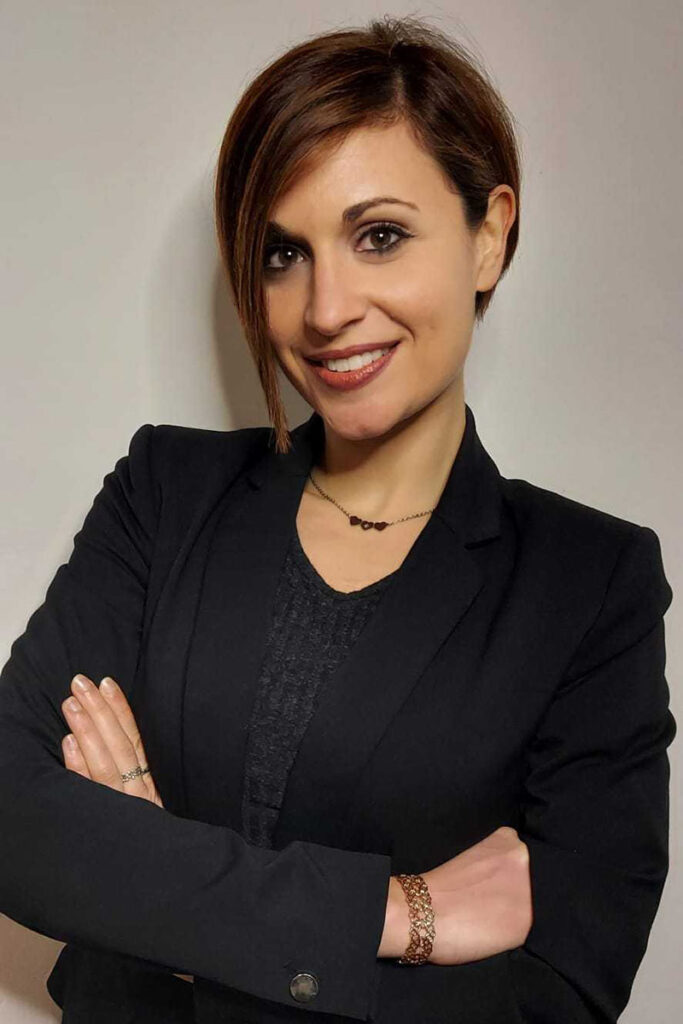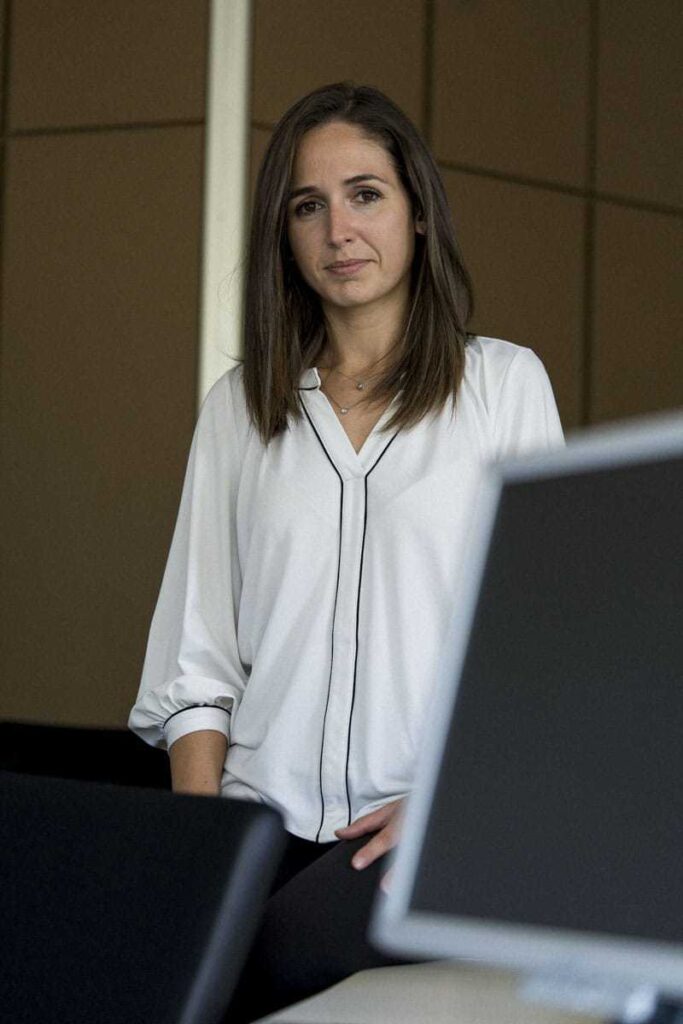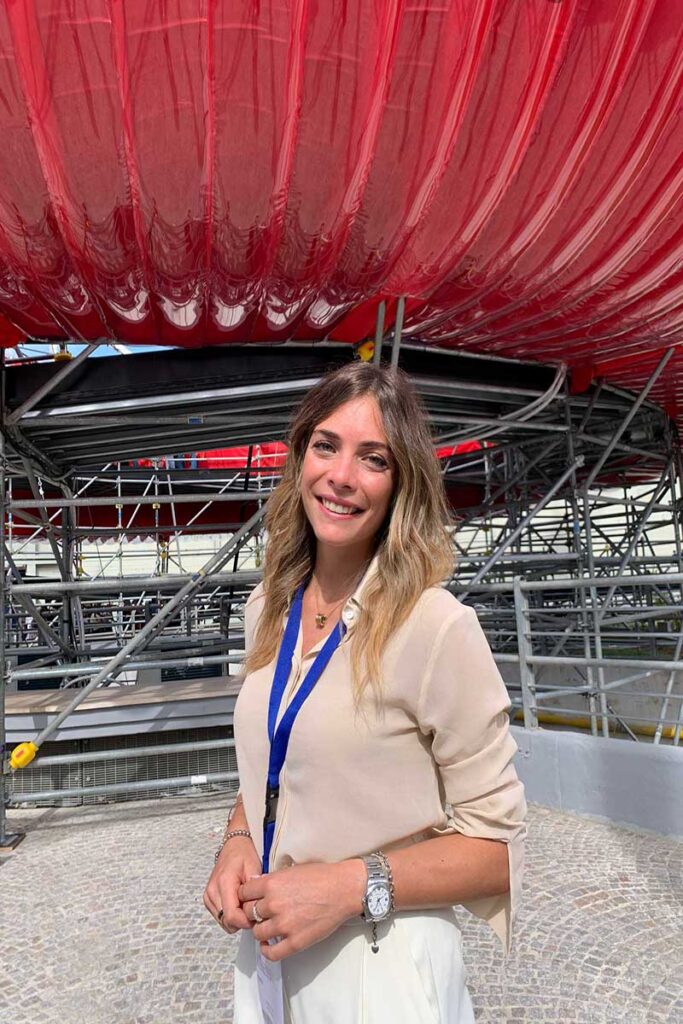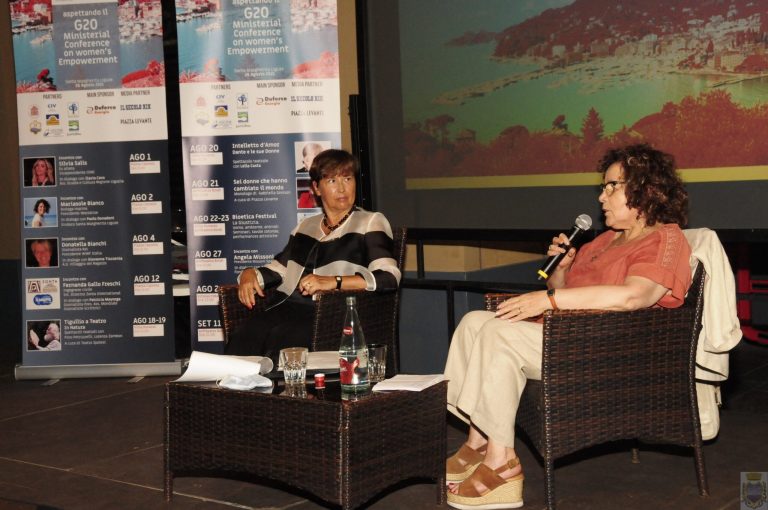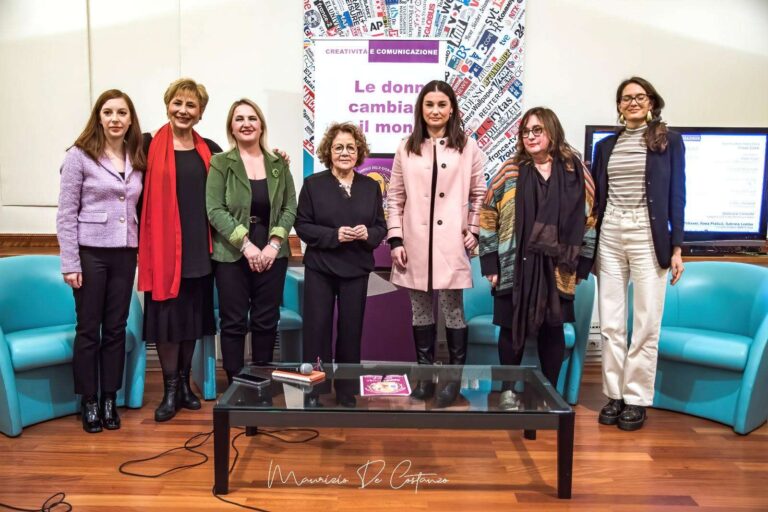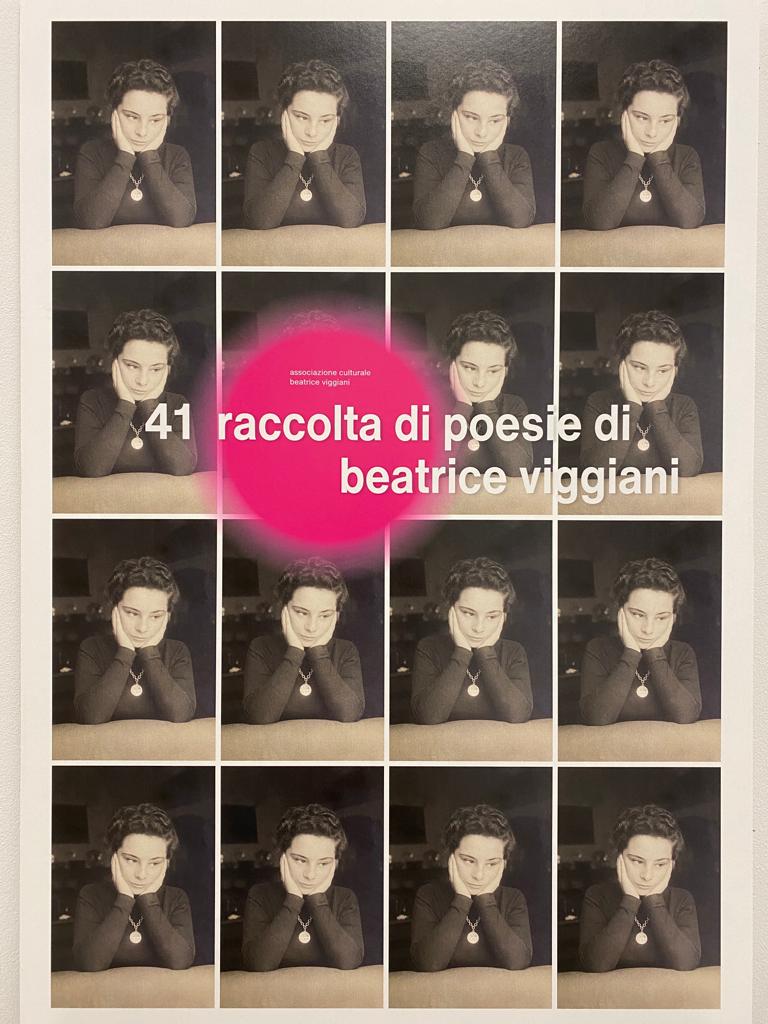WOMEN & ENGINEER, AT ENI IT’S A VALUE
According to data from ENI FOR 2021, Eni’s female staff increased by 1.6 percentage points compared to 2020. And women occupy 27.3% of positions of responsibility
Eleonora, Serena, Miriam are female engineers, respectively specialized in mechanics, chemistry and nuclear power. I am Ambassador of Eni and testify that STEM subjects and scientific works are not the prerogative of the male world.
They are women, young, specialized in STEM subjects, and carry out professions of scientific competence: if in many working contexts it is still difficult to find the right space with these characteristics, in Eni this is already a widely consolidated reality.
They are Eleonora Venditti, Serena Sagnella and Miriam Parisi, who for this very reason are part of Eni’s Ambassadors, a group of young people, girls and boys, aged between 30 and 35, selected to communicate the company’s values both to colleagues than outside.
Their role is fundamental: “We have to imagine that we are a company of about 33,000 people – explains Eleonora Venditti – so there is the risk of losing sight of what is a sort of trend that unites all our work. Eni’s values and strategy are the pillars on which the company rests and, at a time like this, in which the energy sector is undergoing a profound change and evolution, it is all the more important to reach out to all Eni people who find themselves doing jobs that are changing over time”.
“It is important that each and every one of us has a clear understanding of what the central objectives of a company are in order to better understand our work and understand where we are going”. Without forgetting the importance of communication also outside the company: “It is fundamental. We are not just spokesmen, we are rather ambassadors of strategic values and projects not only for the company but for everyone”, she adds.
WOMEN AND SCIENTIFIC CAREERS
Despite the progress, there are still few women who pursue scientific careers and above all choose to study engineering. The answer “is very complicated” says Eleonora. “There is both an internal component in each of us, i.e. the interest and aptitude for what is easier for us to do, and a component made up of external inputs”. She adds that as far as Italy is concerned «it is plausible that the external inputs that reach boys, between 0 and 18 years old, are different from those received by girls». So yes, it could be partly influenced by an external input, including a social one, which however is changing a lot.
In her case, Eleonora chose mechanical engineering “a bit for personal aptitudes, since I’ve always been a child who loved mathematics, a subject that has always been very easy for me, and a bit also for external inputs, considering that my sister is a physical chemist and within our family there has always been a lot of passionate talk about scientific subjects. Science, therefore, has always been present in our childhood. In particular, I chose mechanics because I have a passion for engines. I also adore machines of all kinds, even those for industrial plants… it’s a topic in general that has always fascinated me».
With regard to the theme of the few female scientists Serena Sagnella, a chemical engineer, thinks that “even today the female world is very much conditioned by the stereotype of the male and non-female scientist. Of course, there is still a long way to go but fortunately many steps forward are being made. I can bear witness to the fact that, for example, when I was at university, we were many more women than men, and also in my work group, we are a team with a very high percentage of women!
”Serena chose engineering because she has “always had a passion for scientific subjects, a passion handed down from my mother. Since I was a child she has passed on to me a love for mathematics and chemistry; moreover, my father had always wanted one of his four children to pursue a career as an engineer, and so I, the youngest and the only woman, decided to give it a try. And I can say that it was definitely the best choice I could have made.»
Miriam Parisi, nuclear engineer, explains the fact that there are still few women approaching STEM disciplines (acronym for Science, Technology, Engineering (and) Mathematics) precisely because of a psycho-sociological fact: «What I perceive now, especially among young , is that they try to identify themselves with work and therefore see study as a future occupation. For this reason, it may be easier for girls to imagine themselves as a nurse, lawyer or teacher rather than feeling like an engineer. Perhaps it is just this: it is the collective imagination that still does not belong so much to young people, and in particular to girls».
As a child, Miriam really liked scientific subjects “especially mathematics, knowing, however, that I had to carry on a complicated path because I was a woman, even if I have always been very determined; in college, even though the proportion was roughly 75% male to 25% female, there was no gender disparity. Then, we were very tenacious. In certain faculties it must be like this. These are faculties that really put you to the test: you have to study hard and above all don’t give up».
STILL A LONG WAY FOR EQUALITY
None of the three feels and has never felt discriminated against in Eni for being a woman, but all three recognize that on the outside, even if subtle, the discriminant exists. For Eleonora “the patriarchy exists and also exists in the way of speaking, in the adjectives used, in the comments, and Italian culture is so permeated by it; so, actually I feel these things everywhere. But in this specific case, it has never happened to me that someone addressed a colleague of mine instead of me”.
“Fortunately”, she underlines, Serena has never felt discriminated against because she is a woman: “In the working world I have always been treated like any other man and any other person with greater seniority in the company than mine. Basically, we are all placed on the same level: whether we are dealing with women, men, new hires, it doesn’t matter, because for Eni we are its people».
In Miriam’s university career, there was no discrimination among her colleagues, except for some «elderly» teachers, she points out, still anchored to the stereotype «beautiful equals not intelligent». In Eni, as she explained, she never felt discriminated against, but outside, especially among the boys, she was told: «But it’s impossible for you to have such a faculty, I would never have said that».
Then, she adds: «There are other very subtle aspects that are perceived, even if they don’t say it to your face: that a girl engineer is not up to a boy engineer».
SHARING AND BEING SOLIDARITY BETWEEN WOMEN
Finally, we ask for a suggestion to give to young women who undertake STEM disciplines: «Since we still live in a society where patriarchy exists, for some things, we find it more difficult to be credible», says Eleonora. “But I will repeat until the end that you shouldn’t be afraid to work hard”.
“Another important aspect is that it must be shared. One of the most important things for women is to talk to other women, because it is essential not to feel alone, especially in contexts, such as scientific ones, where the female presence is still seen with a certain diffidence. Precisely here it becomes essential to have a network of women with whom to confront each other and above all, to show solidarity”, she underlines.
Serena reiterates that the most important value that must always be kept in mind is people: “This is precisely the Ambassador’s task: to let the outside world know how much the value of each individual person is important for society. So precious as to be protected in all its parts”.
For Miriam it is essential for the girls to “gain a lot of self-confidence and self-confidence, at least that’s what I did: be so determined; to be proud of perhaps representing a male role, but remaining a woman without being influenced by external judgements. And above all, follow your dreams!”.
«Luckily I have an all-female management», concludes Parisi: “They are my idols because I see them as determined, strong, and this puts them on a par with the male gender. Because they show confidence. This is what we must always do as women: show confidence in our abilities”.

